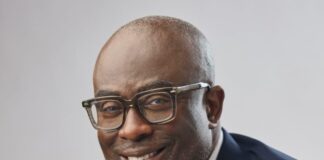Egyptian electric company, Elsewedy Electric, has been contracted to build a 220-15/6.6kV high voltage distribution substation in the Democratic Republic of Congo.
The substation will be built in the city of Kasumbalesa in the province of Haute-Katanga with the aim of ensuring efficient management of the flow of energy between the electricity grid of the Southern African Power Pool and the DRC, improving energy exchanges and the measurement of this energy exchange between the DRC and Zambia and promoting the socio-economic development of Kasumbalesa and its surroundings.
A statement issued by Elsewedy Electric said it signed the contract which is valued at $38.8 million with the Societe Nationale de Electricite (SNEL) on 6 August.
The DRC has one of the lowest rates of electrification in the world at 9% overall, with access rates of 1% in rural areas and 19% in urban areas according to USAID 2018 Report.
Elsewedy Electric will handle the engineering, procurement and construction of the project on a turnkey basis. The project is envisaged to be completed within 18 months of the commencement date.
A leading integrated energy solution provider in the Middle East and Africa, Elsewedy Electric earlier this year reported a 4% decrease in year-on-year revenue for its first-quarter earnings of 2020.
However, the company did see a growth of 54.2% year-on-year in its turnkey projects business segment.
CEO of the company, Ahmed El Sewedy noted in the company’s first quarter 2020 earnings release that this rapid growth justified the company’s significant investment in developing this part of its business model.
“The segment has already gotten off to a strong start, with promising performance at Elsewedy solar PV and wind energy projects during this period. We also continue to explore opportunities for mergers and acquisitions that further burnish the company’s value proposition and enhance its ability to operate competitively in unforeseen circumstances,” El Sewedy said.
Source:www.energynewsafrica.com















